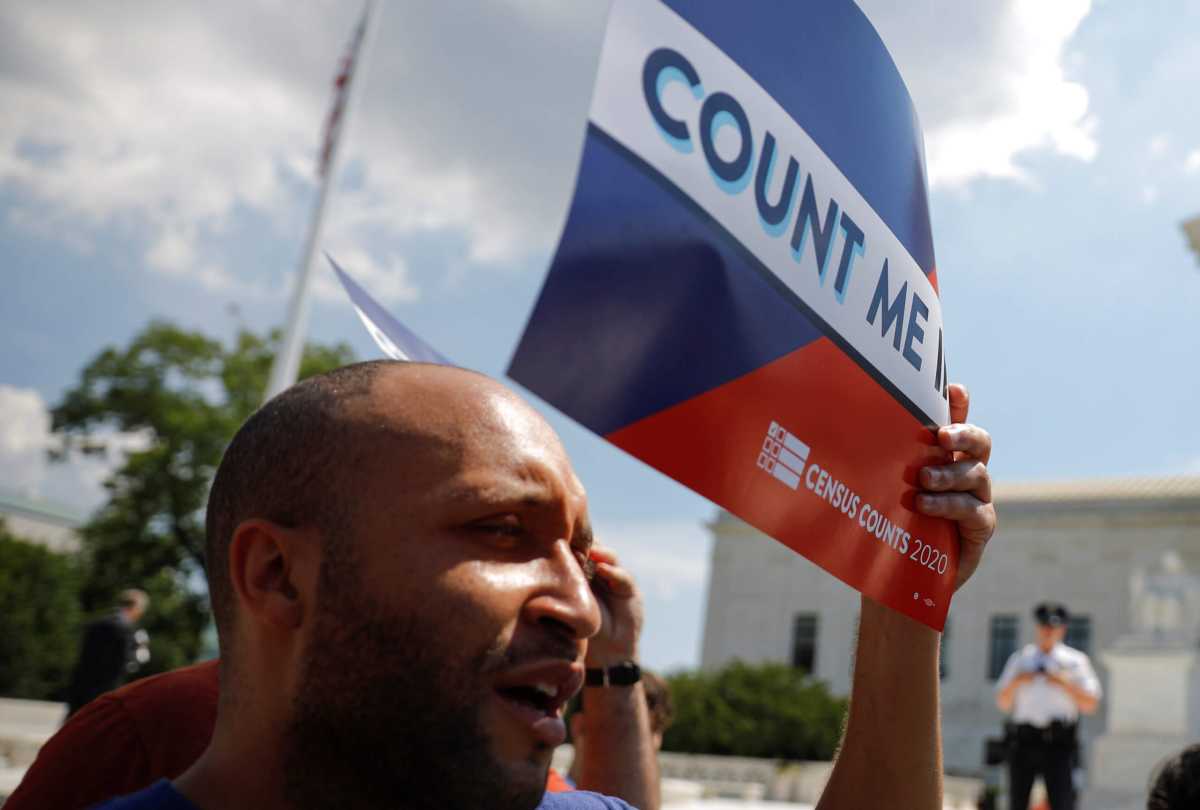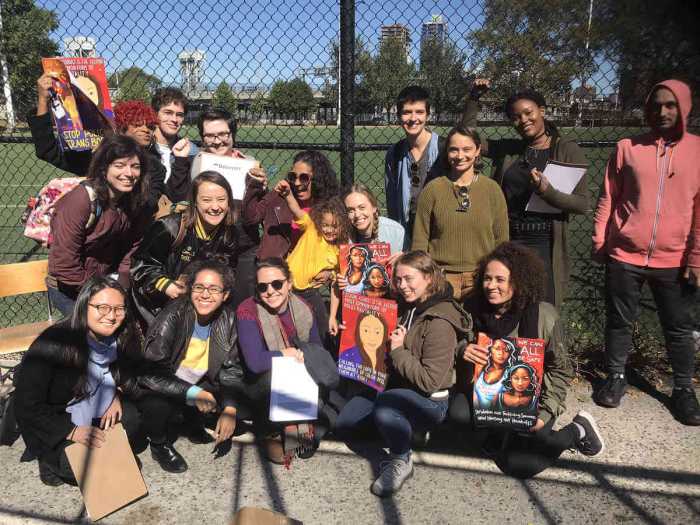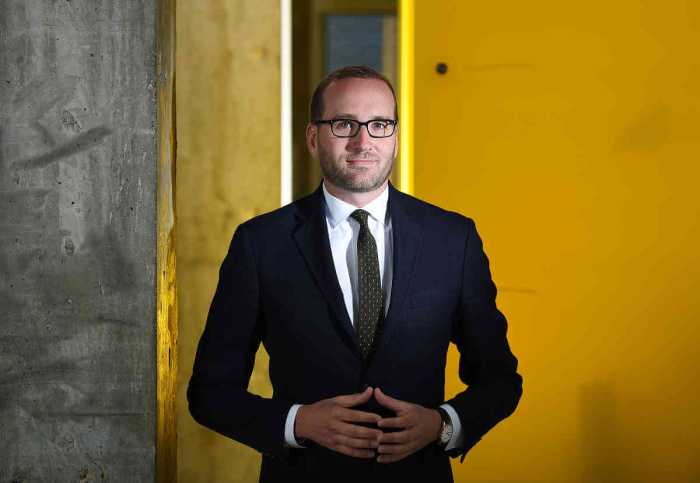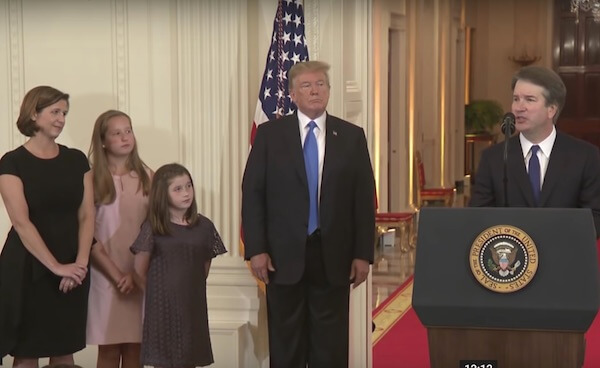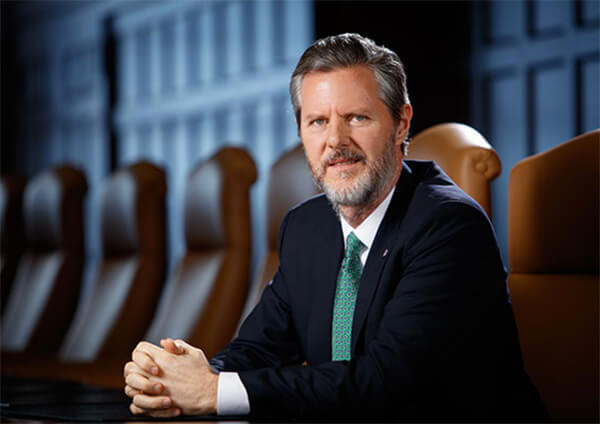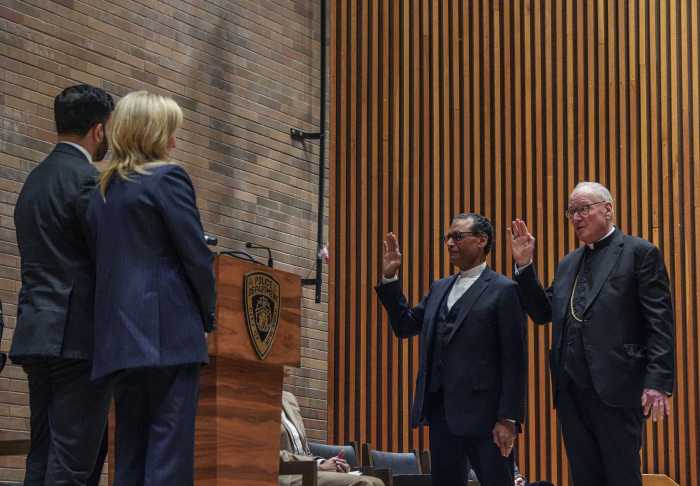The National LGBTQ Task Force has embarked on the second phase of its campaign to raise awareness in the community about the importance of the 2020 Census.
In March, the Washington, DC-based Task Force launched a robust outreach campaign in conjunction with several other queer organizations across the nation, including the LGBT Community Center in Manhattan, with the aim of spreading the word about the initiative. The Task Force’s intersectional campaign, which consists of webinars, online office hours, and volunteers, kicked things off on March 27 with a Twitter town hall focusing on ensuring that Black individuals are counted in the Census.
On May 12, the Task Force launched the new, multi-pronged second phase, consisting of making thousands of phone calls to people in the LGBTQ community to ensure they are able to complete the Census, as well as releasing a virtual question-by-question guide to the Census.
The Task Force is working with state and local groups to prepare for an LGBTQ Census week of action and advocacy set to begin on June 8. The Census Bureau plans to conclude its tallying efforts in mid-August.
“The Census helps LGBTQ communities access billions in federal funding for social programs, helps us build political power, and helps us enforce civil rights protections,” Meghan Maury, the Task Force’s policy director, said in a written statement. “While the Census doesn’t ask questions about sexual orientation or gender identity, it’s still vital for us to be counted.”
There is only limited identifying information about queer Americans in the 2020 Census. But, while the Census previously classified the relationship between couples in households only in the context of “husband and wife” or “unmarried partner,” it now includes “same-sex husband/ wife/ spouse,” “same-sex unmarried partner,” “opposite-sex husband/ wife/ spouse,” and “opposite-sex unmarried partner.”
Notably, that omits queer folks who are single or do not live with their significant other, in addition to those who live with a different-sex partner but identify as queer, bisexual, transgender, non-binary, or with other identies. Despite the limitations, however, participation in the Census can influence population data that drives the funding of programs such as Medicaid, food stamps, and more. With LGBTQ people often concentrated in specific geographical areas, being counted means more funding for those locales.
“Filling out the Census is a critical component in building our collective power to fight for our rights — including the right to be fully represented in the Census count,” Maury added. “Like other marginalized communities, LGBTQ people have historically been undercounted on the Census. The ‘Queer the Census’ campaign is working to change that, so that our community can access the things it needs most — dollars, democracy, and justice.
More information can be found at queerthecensus.org.
To sign up for the Gay City News email newsletter, visit gaycitynews.com/newsletter.

